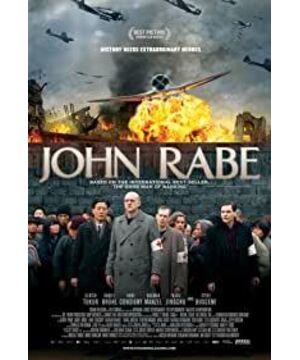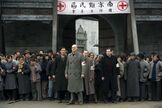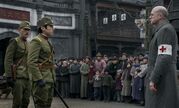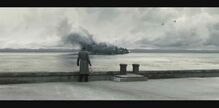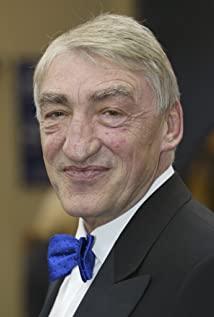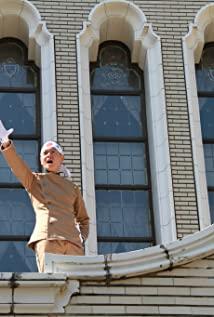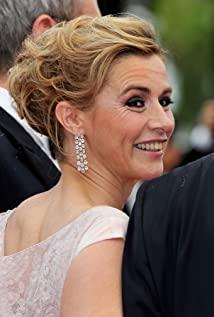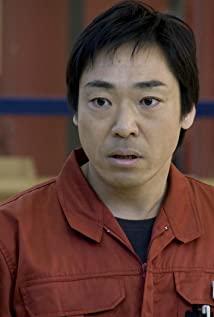3.5 stars, I watched the 134-minute version, I heard that there is also a 5-hour extended version, but unfortunately I didn't find it. As far as this version is concerned, there are many logics and loopholes that are difficult for the Chinese to understand, such as Rabe's ideological change and the final lack of explanation for the German fantasy. Perhaps for the director, copying a Schindler-style story is in line with His audience, but he clearly didn't take into account the overall context. In the end, it seems to usher in a happy ending, but it is well known that Rabe - which can be set as the departure of the savior in the film - does not bring hope to the refugees. Even if the film portrays the Chinese as rescuers who are nothing but the walking dead, it shouldn't have such an upward ending, at least not as elated as a soldier who has made great achievements in the establishment (in fact, the refugees at the time were very fond of Rabesch. Bow solemnly and attach a horizontal bar - "You are a living Bodhisattva of hundreds of thousands of people" to show respect). After 1938, the safe zone was forcibly banned by the Japanese army, and the refugees were demobilized (or possibly disappeared and massacred, no one knows).
In addition, Rabe's process from right-leaning conservative to humanitarian awakening, the front and side descriptions are a little thin and unpredictable (of course, it may be because of his German identity, he is in a position of fantasy about the two fascist regimes) ——Or try to use his German identity to negotiate) Maybe it is the double-edged sword of the director consciously emphasizing the convenience and historical wrongness brought by his special identity. Interestingly, Rabe, the original realist businessman, relied on the awakening of humanistic humanitarian conscience, and became an idealist when the Japanese army finally attacked the door, while Dr. Rosen was the opposite, and the dreamer became a compromiser. . This set off the greatness of Rabe, and downplayed the credit of other international committees.
In fact, the whole article is driven by describing various contradictions - the Chinese and the Japanese army, the Japanese army and the International Committee, the inside of the committee, the Japanese army major and the superior. It should have been a great film reflecting on the war, commemorating heroic figures, and depicting the suffering of the Chinese people, but in the end it felt a little sloppy - the portrayal of the characters was not quite in place, and the seemingly unfinished lines (such as the emotional lines of doctors and female students) ), the Chinese people are struggling as if they have lost their souls.
In any case, "because he was a cheerful and jolly good fellow", because of his instinctive kindness, so we will always remember him - John Rabe
View more about John Rabe reviews


